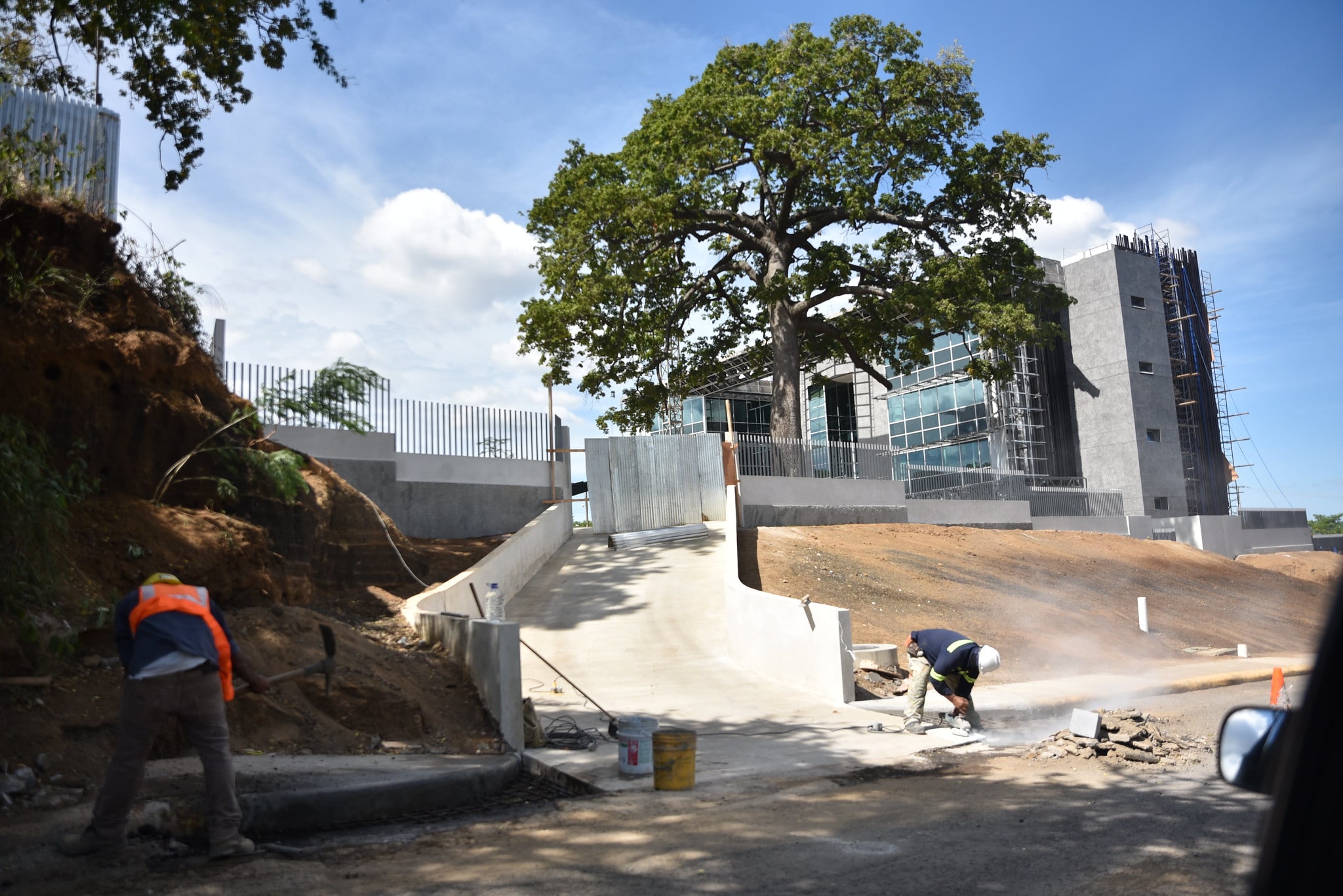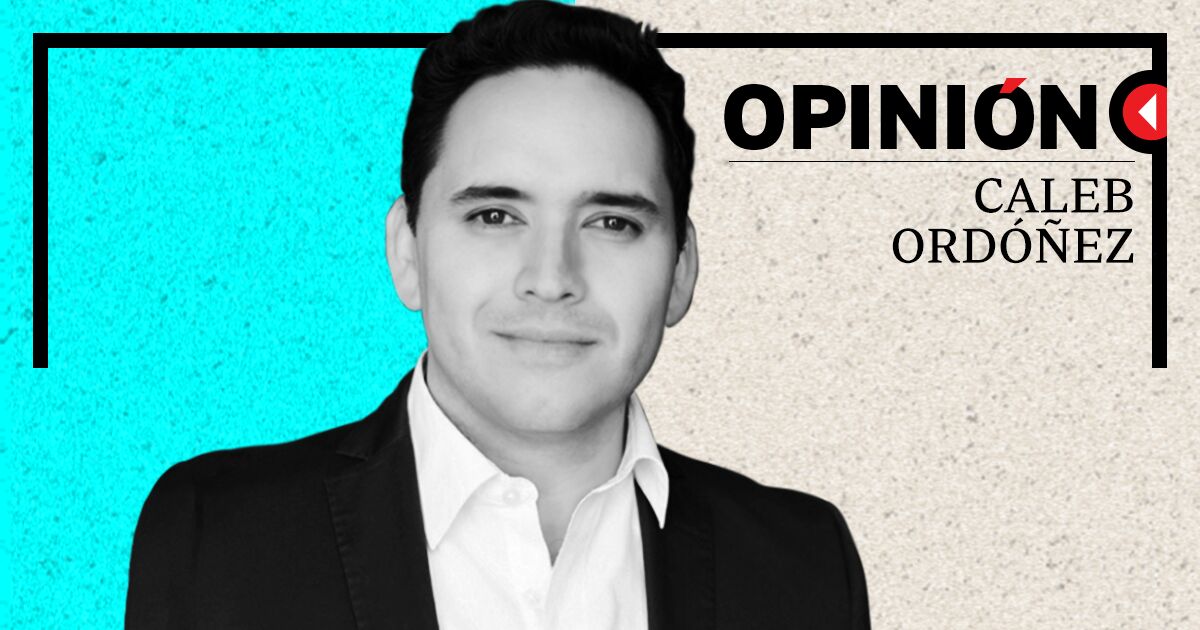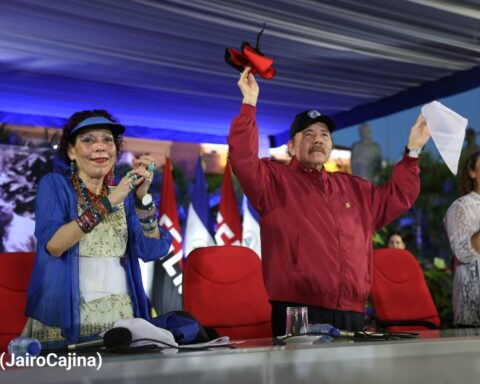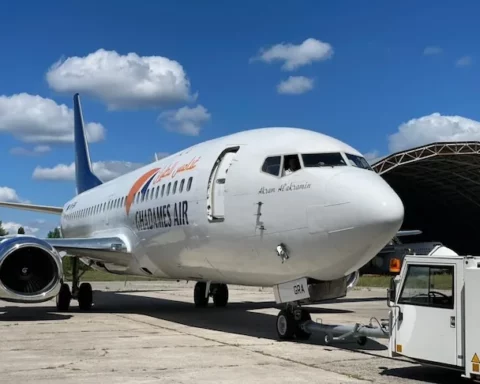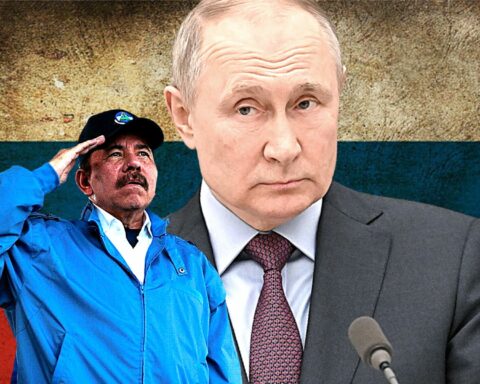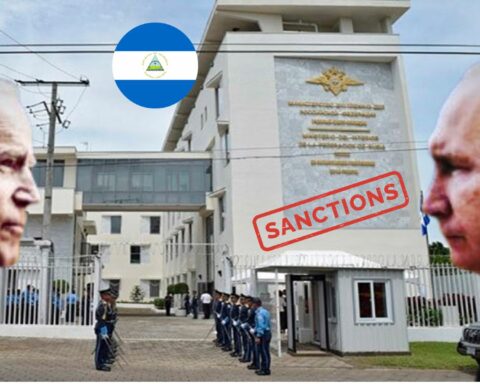The inauguration of the new headquarters of the Central American Bank for Economic Integration (CABEI) in Managua, scheduled for December 15 by the Government as an act to legitimize the re-election of Daniel Ortega, will be suspended by a decision of the member countries – with the Except for Honduras and Nicaragua. The decision not to inaugurate the headquarters also has the support of all CABEI’s extra-regional partners.
In October 2019, the executive president of that institution, Dante Mossi, arrived in Managua to lay the first stone, together with the Minister of Finance and Public Credit (MHCP), Iván Acosta, of a six-story building, valued at $ 16.5 million, scheduled to open at the end of 2020.
Until this Monday night, there are ten countries (and eleven States, because Argentina and Colombia share a seat) that support with their vote the decision to suspend the inauguration: Guatemala, El Salvador, Costa Rica, Panama, Dominican Republic, Spain, Mexico, Taiwan, and South Korea, plus the joint vote of Argentina and Colombia. Belize and Cuba are non-voting partners.
“This is a blow to Nicaragua and to the Bank’s administration, which was going to play that game,” said an economist who worked for CABEI, referring to the implicit political recognition that Ortega sought in this celebration in the company of his principal funder and CABEI partners.
There will also be no CABEI meeting in Managua
The countries also resolved that the directors’ meeting scheduled to take place in Managua, regarding the building’s inauguration ceremony, be held virtually from Tegucigalpa, between December 13 and 15.
In this regard, a source from the Bank in Tegucigalpa, explained that now all the meetings are multimodal, and that if the majority of those mentioned physically attended the appointment of November 26 and 27 in the Dominican Republic, that of December, scheduled to take place in Managua, in the context of the inauguration of the building, was transferred to Tegucigalpa.
During the Caribbean meeting, several directors agreed that, even if Managua were only kept as the virtual venue for the meeting, the objective of separating the institutional image of the Bank was not achieved, which, in recent years, has been closely linked to the Daniel Ortega, because “if only Mossi arrived, it was enough for Ortega and Murillo to say that they had the backing of the Bank,” said the source.
“After the elections in Nicaragua, unknown by the Organization of American States (OAS), it is very difficult for the Bank to have its director appear in the photo with Ortega, ”said the former representative of Costa Rica to that regional entity, Ottón Solís.
“It is evident that now the countries are more encouraged to question relations with Nicaragua. Probably, the countries prohibited their directors from going to Nicaragua, which is a sign that the regime is running out of spaces “, he valued.
Majority block
Although the decision of the partner countries not to go to Managua is based on the fact that the construction of the CABEI headquarters is overdue, -and therefore, the building is not ready to be inaugurated- CONFIDENTIAL he learned that the formula used to support that decision was simply one that all the representatives could sign, without having to consult with their respective capitals.
“In the negotiations made in the Dominican Republic, this was already jointly with everyone, except Honduras and Nicaragua. Even Taiwan! On the grounds that the building was not finished, ”said the Bank’s source in Tegucigalpa.
“Taiwan made a 180-degree turn, because until now it had been very close to the regime,” Solís pointed out, recalling how, in its daily bulletin, the Bank included announcements of Taiwan’s support for Nicaragua, assuming that this change in orientation, It is explained because that Asian nation “depends a lot on the support of the West in its relations with Beijing.”
The Bank source in Tegucigalpa added that “some of us wanted to mention the inconvenience of the state of democratic exception that Nicaragua is experiencing, but some countries required consultations to support that wording, so it was left at the level of obviousness.”
Considering that the decision is supported by ten votes and eleven states, the source believed that the only move that allows the regime to hide its failure would be to order his representative, to vote in favor of that resolution, so that it seems that it was really behind schedule because the building was not ready.
The Ortega risk factor
One of CABEI’s partners demanded that Dante Mossi not present more loan applications presented by Nicaragua in future Board meetings. In the end, that proposal was not put to a vote.
The directors are aware of the level of risk that Nicaragua represents for the Bank. In the first place, because “the country is almost at the top of its debt capacity, which is a good technical and not political shield, to reject future applications”, said the source who works in Tegucigalpa, without ignoring the fact that the country and several of the most active figures in the Government and the presidential family are in the crosshairs of United States sanctions, Canada, and the European Union.
“That they do not come to inaugurate the building, and that they have discharged from the loan to the National Police in March 2020, it is actually an effort to preserve the Bank’s image, rather than a decision to move away from Ortega, or assess whether or not to continue financing him, ”says former deputy Eliseo Núñez.
Núñez is not surprised by this momentary departure from CABEI, since he considers that “the Bank’s position will change as Ortega’s illegitimacy deepens.”
The complacent attitude of the Bank in recent years should constitute a “bell” to know that its processes have to become more transparent, because at present “these processes go unnoticed, and end up doing what they want,” considers the political analyst liberal.
For this reason, he advocated that decision-making within CABEI be similar to that of the World Bank, or that of the Inter-American Development Bank, which delivers funds to the extent that projects are executed – and evaluated.
For now there are 10 votes, and it only remains for Honduras and Nicaragua to decide what to do. Although the vote remains open until this Thursday, December 2, it is very unlikely that there will be a significant change, despite the fact that there is a procedure to change the vote, but it is long and must be reasoned.

